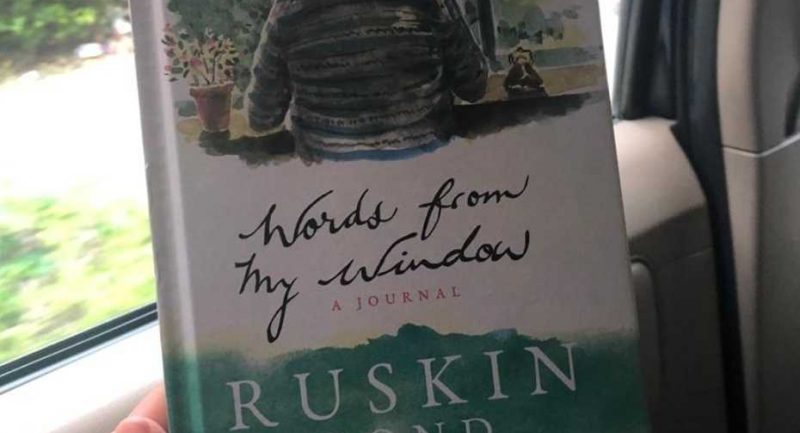
The Guide, written by R K Narayan in 1958, celebrates the myriad mysteries and bizarre charms of India, as seen through the experiences of a small-town tour guide, Raju from Malgudi. The novel went on to be adapted on the silver screen and has been immortalised by Dev Anand and Waheeda Rehman, playing the protagonists Raju and Rosie respectively.
On R K Narayan’s 111th birth anniversary, here’s revisiting this timeless story that captures the crazy and magical spirit of India through its themes of love, loss, betrayal and the search for God.
Here’s an exclusive excerpt from the book.
RAJU WELCOMED THE intrusion—something to relieve the loneliness of the place. The man stood gazing reverentially on his face. Raju felt amused and embarrassed. ‘Sit down if you like,’ Raju said, to break the spell. The other accepted the suggestion with a grateful nod and went down the river steps to wash his feet and face, came up wiping himself dry with the end of a chequered yellow towel on his shoulder, and took his seat two steps below the granite slab on which Raju was sitting cross-legged as if it were a throne, beside an ancient shrine. The branches of the trees canopying the river course rustled and trembled with the agitation of birds and monkeys settling down for the night. Upstream beyond the hills the sun was setting. Raju waited for the other to say something. But he was too polite to open a conversation.
Raju asked, ‘Where are you from?’ dreading lest the other should turn round and ask the same question. The man replied, ‘I’m from Mangal.’
‘Where is Mangal?’
The other waved his arm, indicating a direction across the river, beyond the high steep bank. ‘Not far from here,’ he added. The man volunteered further information about himself. ‘My daughter lives nearby. I had gone to visit her; I am now on my way home. I left her after food. She insisted that I should stay on to dinner, but I refused. It’d have meant walking home at nearly midnight. I’m not afraid of anything, but why should we walk when we ought to be sleeping in bed?’
‘You are very sensible,’ Raju said.
They listened for a while to the chatter of monkeys, and the man added as an afterthought, ‘My daughter’s married to my own sister’s son, and so there is no problem. I often visit my sister and also my daughter; and so no one minds it.’
‘Why should anyone mind in any case if you visit a daughter?’ ‘It’s not considered proper form to pay too many visits to a son in-law,’ explained the villager.
Raju liked this rambling talk. He had been all alone in this place for over a day. It was good to hear the human voice again. After this the villager resumed the study of his face with intense respect. And Raju stroked his chin thoughtfully to make sure that an apostolic beard had not suddenly grown there. It was still smooth. He had had his last shave only two days before and paid for it with the hard-earned coins of his jail life.
Loquacious as usual and with the sharp blade scraping the soap, the barber had asked, ‘Coming out, I suppose?’ Raju rolled his eyes and remained silent. He felt irritated at the question, but did not like to show it with the fellow holding the knife. ‘Just coming out?’ repeated the barber obstinately.
Raju felt it would be no use being angry with such a man. Here he was in the presence of experience. He asked, ‘How do you know?’ ‘I have spent twenty years shaving people here. Didn’t you observe that this was the first shop as you left the jail gate? Half the trick is to have your business in the right place. But that raises other people’s jealousies!’ he said, waving off an army of jealous barbers. ‘Don’t you attend to the inmates?’ ‘Not until they come out. It is my brother’s son who is on duty there. I don’t want to compete with him and I don’t want to enter the jail gates every day.’









